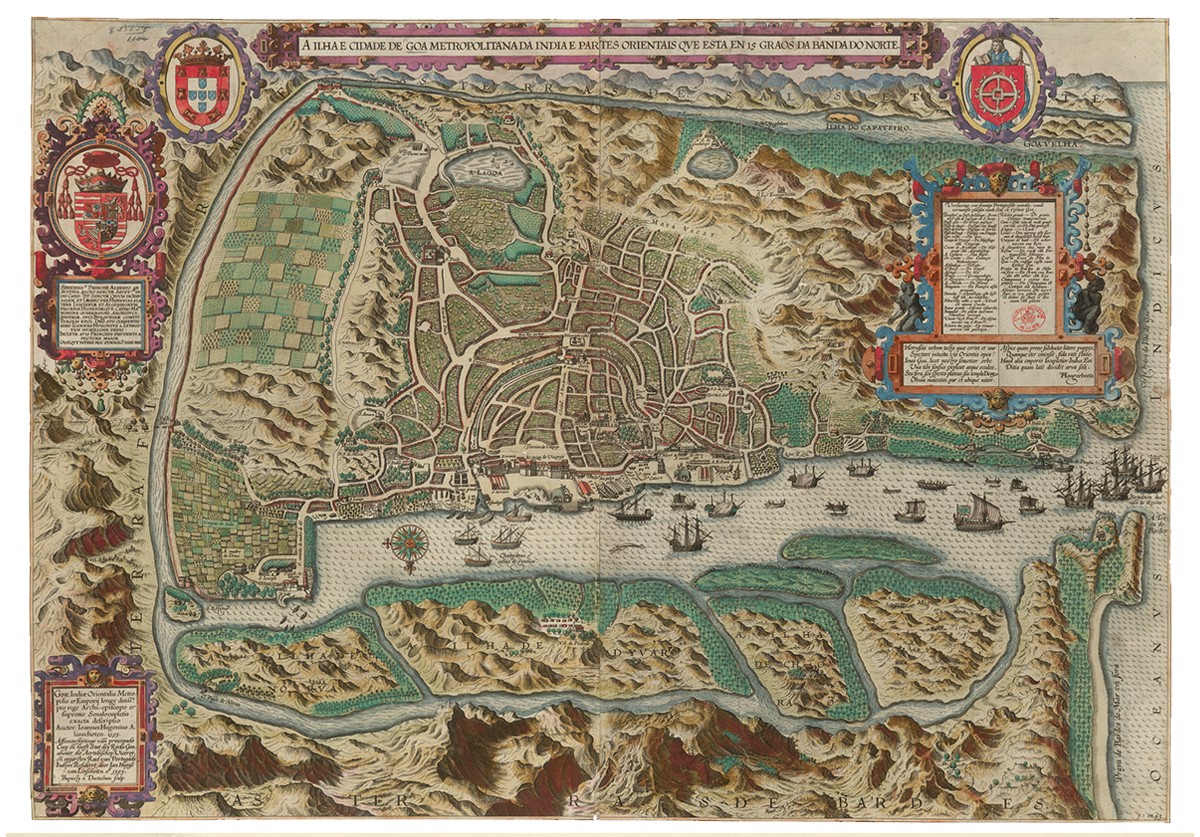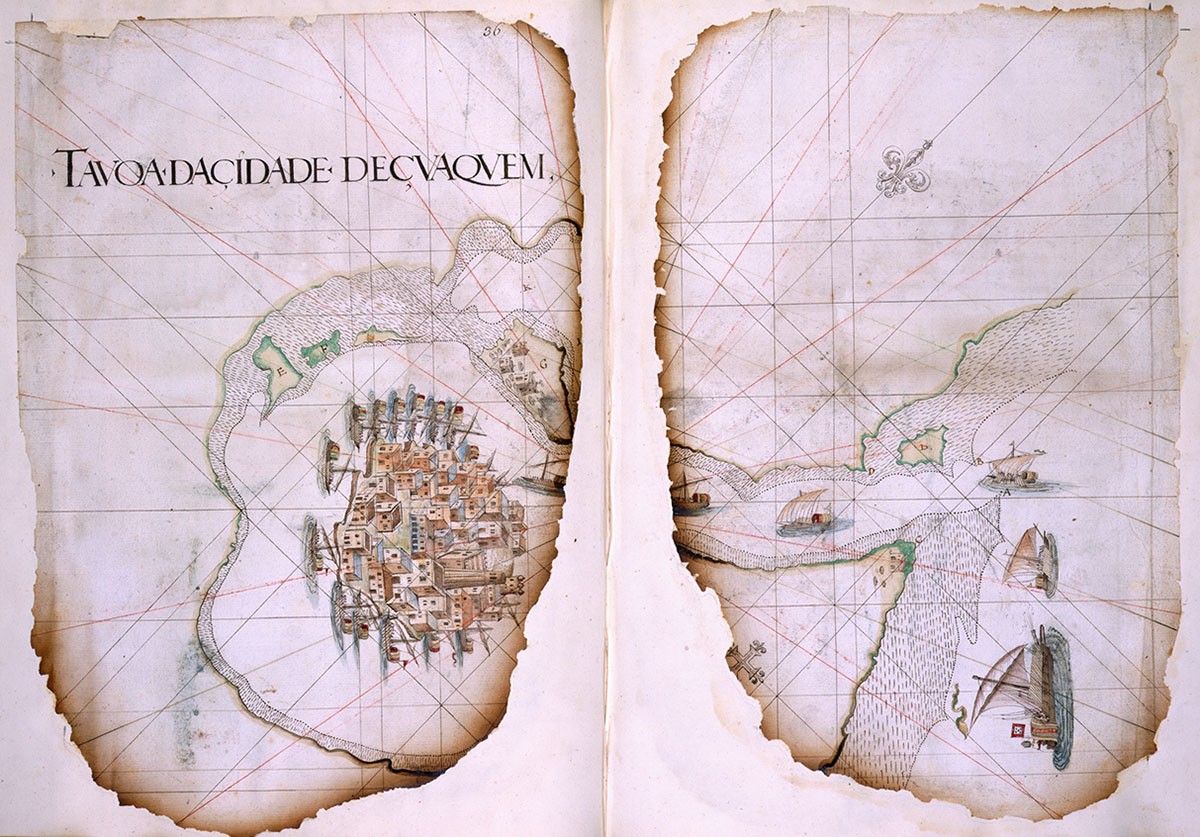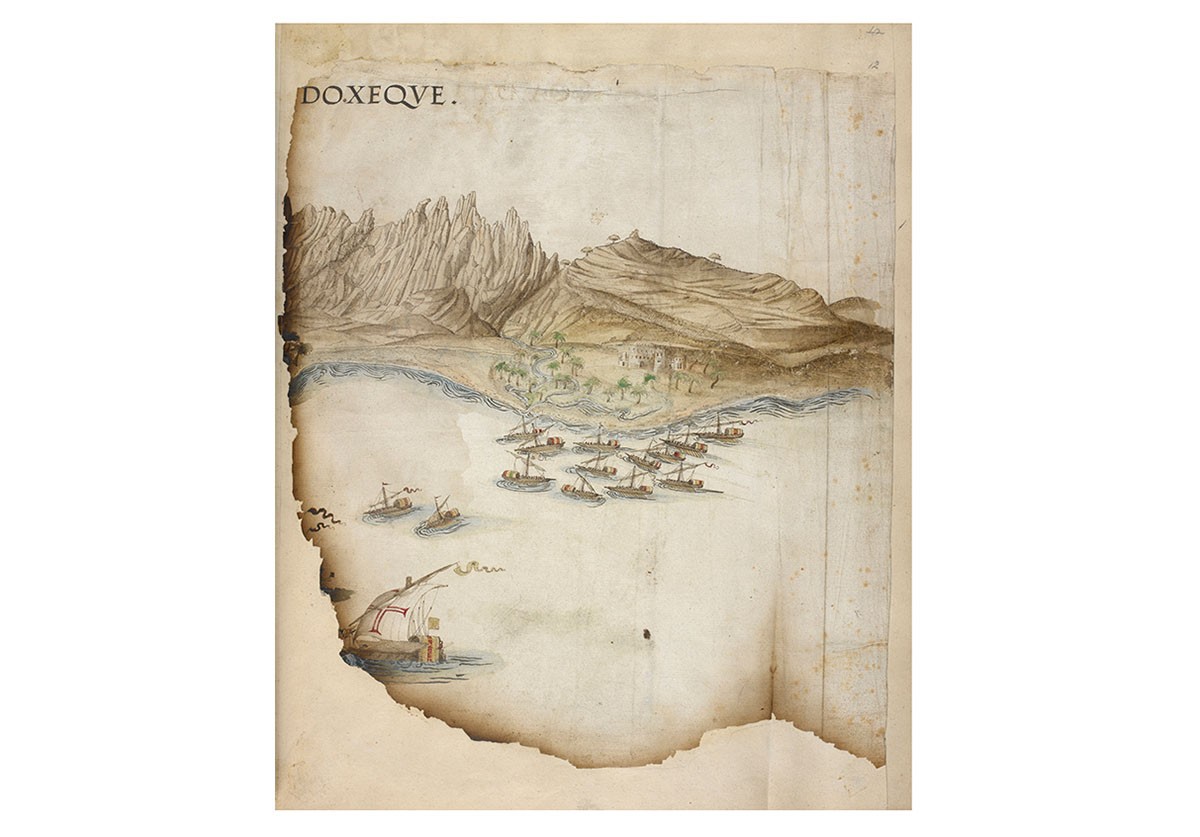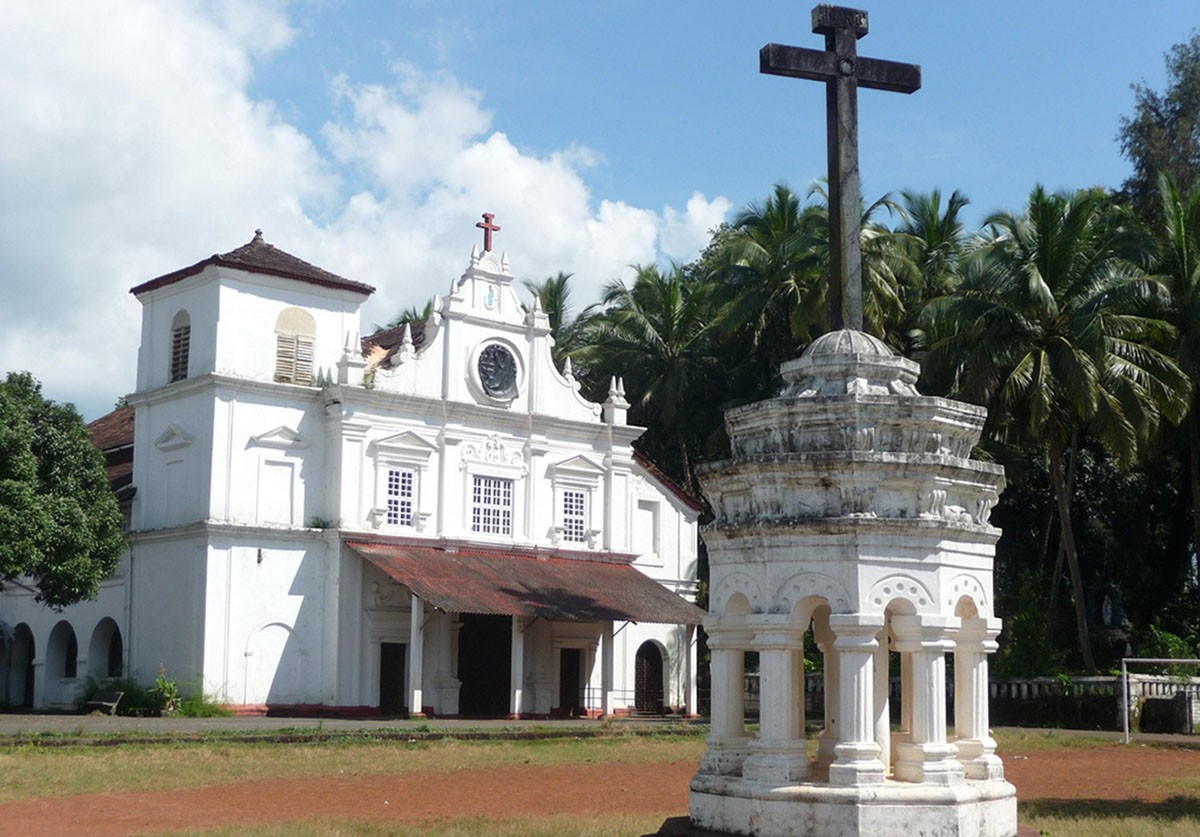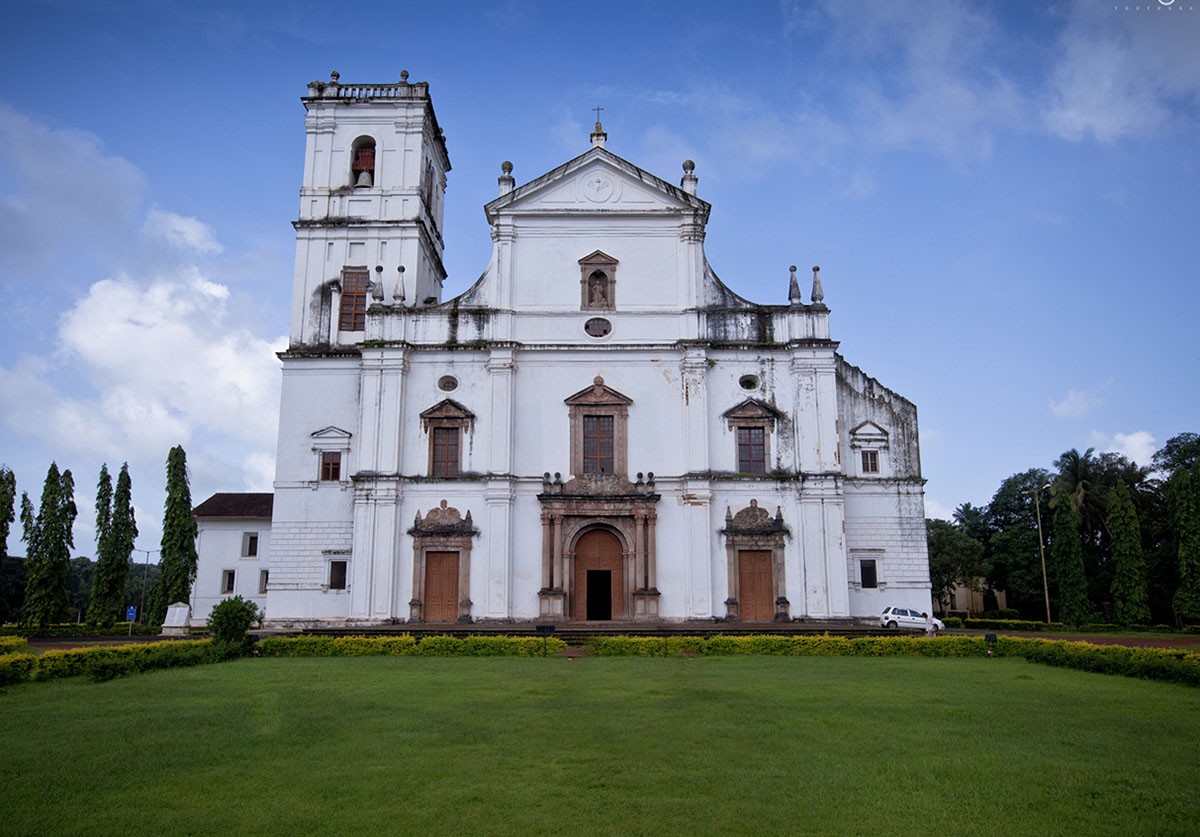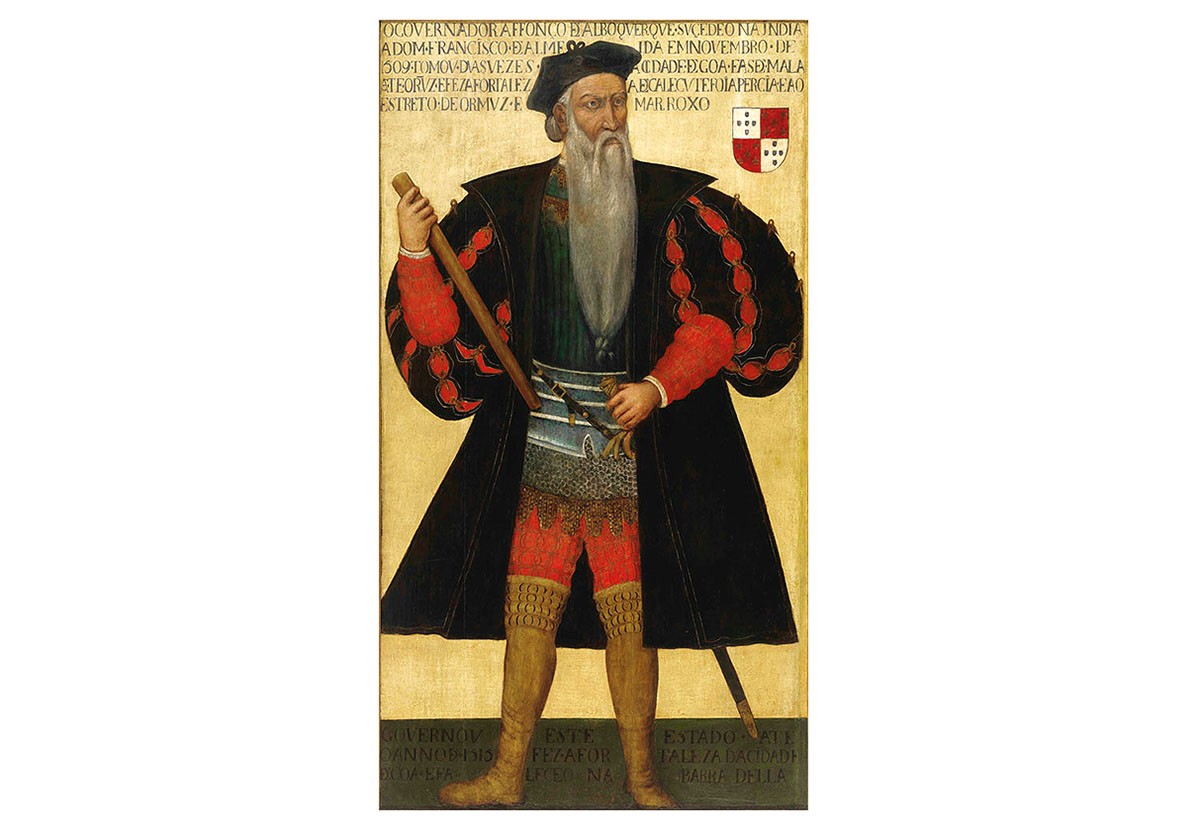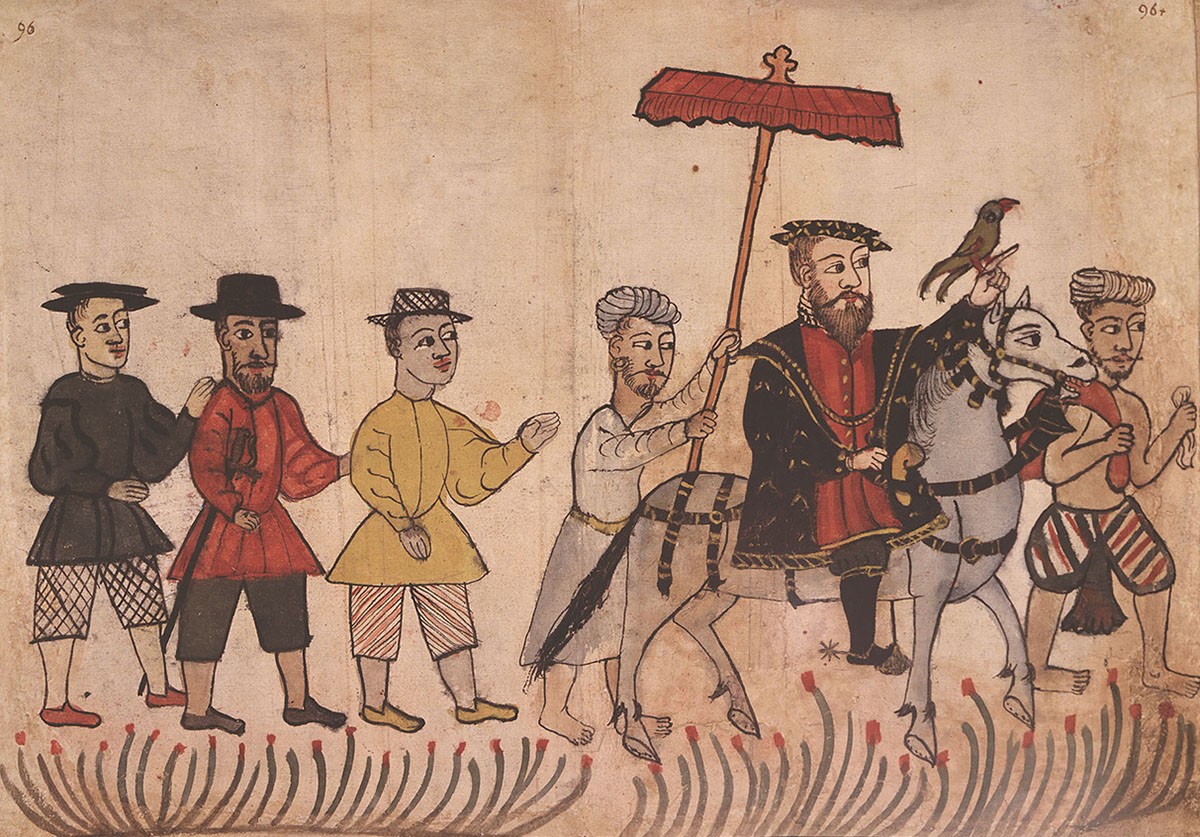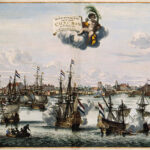Goa Becomes the Capital of the Eastern Portuguese Empire
1510
Part of present-day Goa becomes the capital of the Estado da India, an overseas territory of the Portuguese empire. Its importance to the Portuguese crown as a major port in the East is evident from the fact that it has nearly the same charter of privileges as Lisbon.
In the late fifteenth and early sixteenth centuries, with Portuguese influence on trade in the Indian Ocean dominant, Goa becomes a major port for trade in spices, herbs, diamonds, textiles, musk and enslaved people, brought to the region via changing Indian Ocean trade routes. Although Portuguese dominance over the historical trade networks is yet to be complete, it sets the template for other European enterprises centred around maritime commerce to emerge in Asia.
Bibliography
Frykenberg, Robert Eric. Christianity in India: From Beginnings to the Present. New York: Oxford University Press, 2008.
Henn, Alexander. Hindu-Catholic Encounters in Goa: Religion, Colonialism, and Modernity. Bloomington: Indiana University Press, 2014.
Prakash, Om. European Commercial Enterprise in Pre-colonial India. Cambridge University Press, 2008.
Feedback 
This entry appears in
Art in South Asia
Visit Timeline
Associated Timeline Events
First Published: March 11, 2024
Last Updated: August 5, 2024



